Wladimir Mufty
Binnen SURF zet ik me in voor digitale soevereiniteit, om instellingen in… Meer over Wladimir Mufty
🔗 Go to 🇳🇱 Dutch version
At SURF, we often use terms like digital sovereignty, public values, and autonomy. These are frequently mentioned in the same breath, but they don't always mean the same thing. Still, the aim here is not to engage in a semantic debate. Greater clarity, however, can help make the conversation more constructive.
I’m regularly asked which term fits which goal, and what exactly we mean by them. In this blog, I’ll explain the differences, how others use these terms, and why at SURF we increasingly talk about digital sovereignty and values, such as autonomy, especially in light of geopolitical tensions and dependence on big tech. It’s one perspective, certainly not the only or absolute truth, and without giving too much away: it’s a bit about words, but mostly about actions!
At SURF, by digital sovereignty we mean having control, influence, direction, freedom of choice, and the necessary innovative strength within an increasingly digital world.
This digital sovereignty takes place within the digital environment. By this we mean, though we are not limited to, aspects such as:
Digital sovereignty in a digital environment is important, but not sufficient. There is a third, crucial component that guides how we have been digitizing education and research for decades: values.
Values are general, often abstract ideals that guide our actions as individuals, organizations, sectors, and society.
That may sound a bit academic, but it becomes concrete with examples we recognize well within digitization:
Public values
By “public values” we mean those values whose importance is so great that we organize and protect them at the societal level, or in our case: at the sector level.
The Value Compass
SURF and Kennisnet, together with experts from the field, have developed the Value Compass. This tool provides a shared language to conduct and steer the conversation about digitization and values in education and research.
The Values Guide contains more than twenty values, divided into 3 core values:
We want important values to be leading and provide guidance in digitization. But to actually uphold and protect values such as privacy, autonomy, and inclusion, digital sovereignty is necessary.
It is not enough to value these principles; without control, direction, influence, freedom of choice, or innovative strength (digital sovereignty), it becomes virtually impossible to implement or maintain them in practice.(See the image with a schematic simplified representation at the bottom of this blog)
Autonomy is one of the core values within the Value Compass, alongside humanity and justice. It is a broad value that encompasses different layers: the autonomy of a student, a teacher, an institution, or even the sector as a whole. Sometimes increasing collective autonomy paradoxically requires (partially) giving up individual autonomy of an organization, think of collaboration within a cooperative like SURF!
Moreover, autonomy is under pressure. In recent months, the topic has been frequently in the news, especially in relation to geopolitical tensions and dependence on large tech companies. Precisely for this reason, it is crucial to actively safeguard autonomy as a public value.
The vision described earlier is a useful way for us to connect digital sovereignty and values such as autonomy within the context of digitization. Of course, there are different interpretations and feelings about these concepts, and not everyone will agree on everything. Still, this simplified model can help to grasp the coherence and different concepts.
Note: the model is simplified. If you look at it in more detail, you see that values like autonomy are not only part of digital sovereignty but also influence it. Autonomy is indispensable here: in this context, it means the ability to act independently and make choices yourself. So it is not only guiding but also a prerequisite, a building block of digital sovereignty. In this relationship, you can see digital sovereignty as the goal, and autonomy as the means to achieve that goal.
However, we must be careful not to consider digital sovereignty itself as the ultimate goal of education and research. It is not simply one of the items alongside talent development, labor market preparation, scientific progress, or economic growth. It is rather a condition to realize those goals in a free, safe, and valuable way and resembles the concept of “academic values.” Another concept(!) which, according to the UNL, consists of aspects such as academic freedom and institutional autonomy, honesty, diligence, transparency, independence, responsibility, diversity, equality, and inclusivity.
The way SURF approaches this is supported more broadly than just within SURF, also in literature, media, and among (parts of) SURF’s members. At the same time, interpretations and preferences vary, which is logical, no one writes a 10-minute blog about terms that are unambiguously defined in the dictionary.
In policy and government strategies, we see different variations of these terms. For example, some government departments use the term Strategic Autonomy, among others in the context of DOSA (Digital Open Strategic Autonomy). This concerns the question: how do we ensure that the Netherlands and Europe do not become completely dependent on foreign powers or commercial giants in strategic domains such as AI, cloud, chips, or energy?
The VNG (Association of Dutch Municipalities) also does important work under the banner of Strategic Digital Autonomy. The Dutch Court of Audit uses its own definition: “Digital sovereignty is the ability to decide and act autonomously on the essential digital aspects in economy, society, and democracy.”
At the European level, the term is increasingly used as well, for example in the European Commission’s Digital Decade program. There, digital sovereignty stands for taking technological development into one’s own hands, with respect for fundamental rights, sustainability, and openness.
My call to everyone: make sure we understand each other, and use a common language where necessary. But don’t get stuck there, what ultimately matters is what we do.
The real challenge lies in operationalizing values. How do you embed them in policy? How do they end up in our digital environment, our procurement, or source code, and how do we keep that affordable, workable, and future-proof? How do you describe them concretely? What are the next steps on a roadmap or work agenda toward more digital independence?
Whether you call it strategic autonomy or digital sovereignty, it touches on the same core: taking back control, having influence, realizing genuine freedom of choice, having authority and give direction towards software, data, and systems, and being able to work from your own innovative strength, without undesirable dependencies or excessive external influences: being back in the driver’s seat!
Why is this so important?
Because there is one thing certain about this big, complex, and partly geopolitical theme: we will have to collaborate on shared goals and gain and maintain grip on our digital environment, in a way that fits the public values that we as SURF, sector, and society jointly stand for. Don’t challenge me to write a whole blog about the beauty of the difference between "common" and "together"! #Let’sGetToWork!
In conversations about digital sovereignty and public values, misunderstandings often arise. Below we correct a few and offer some considerations:
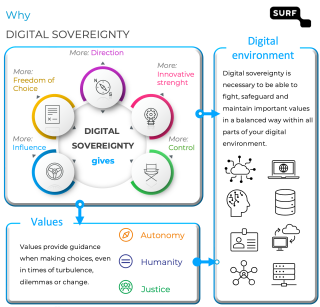
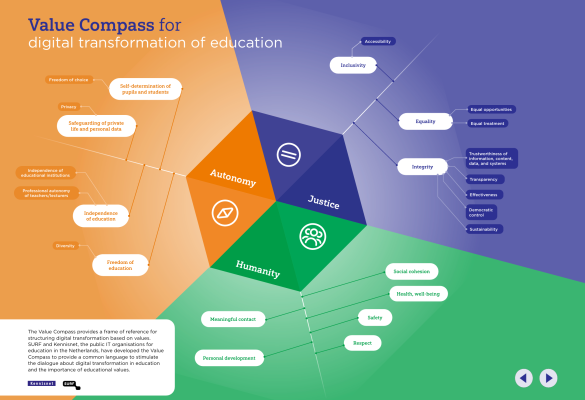
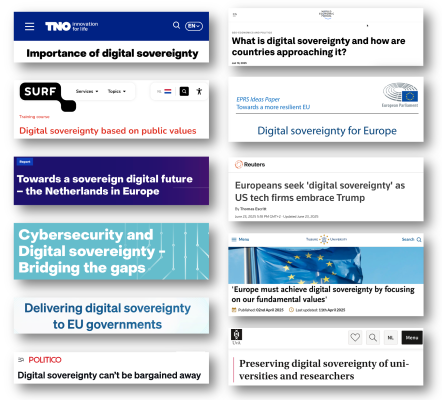
Binnen SURF zet ik me in voor digitale soevereiniteit, om instellingen in… Meer over Wladimir Mufty
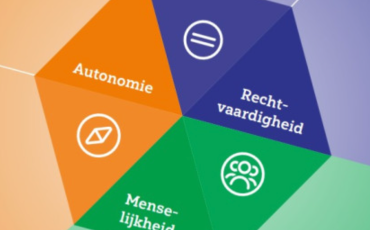
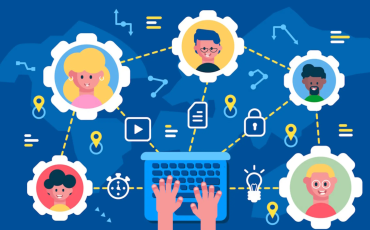
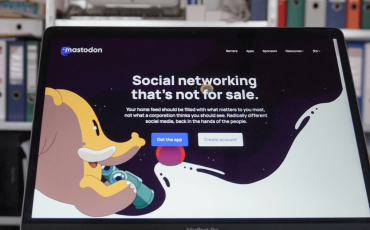
0 Praat mee